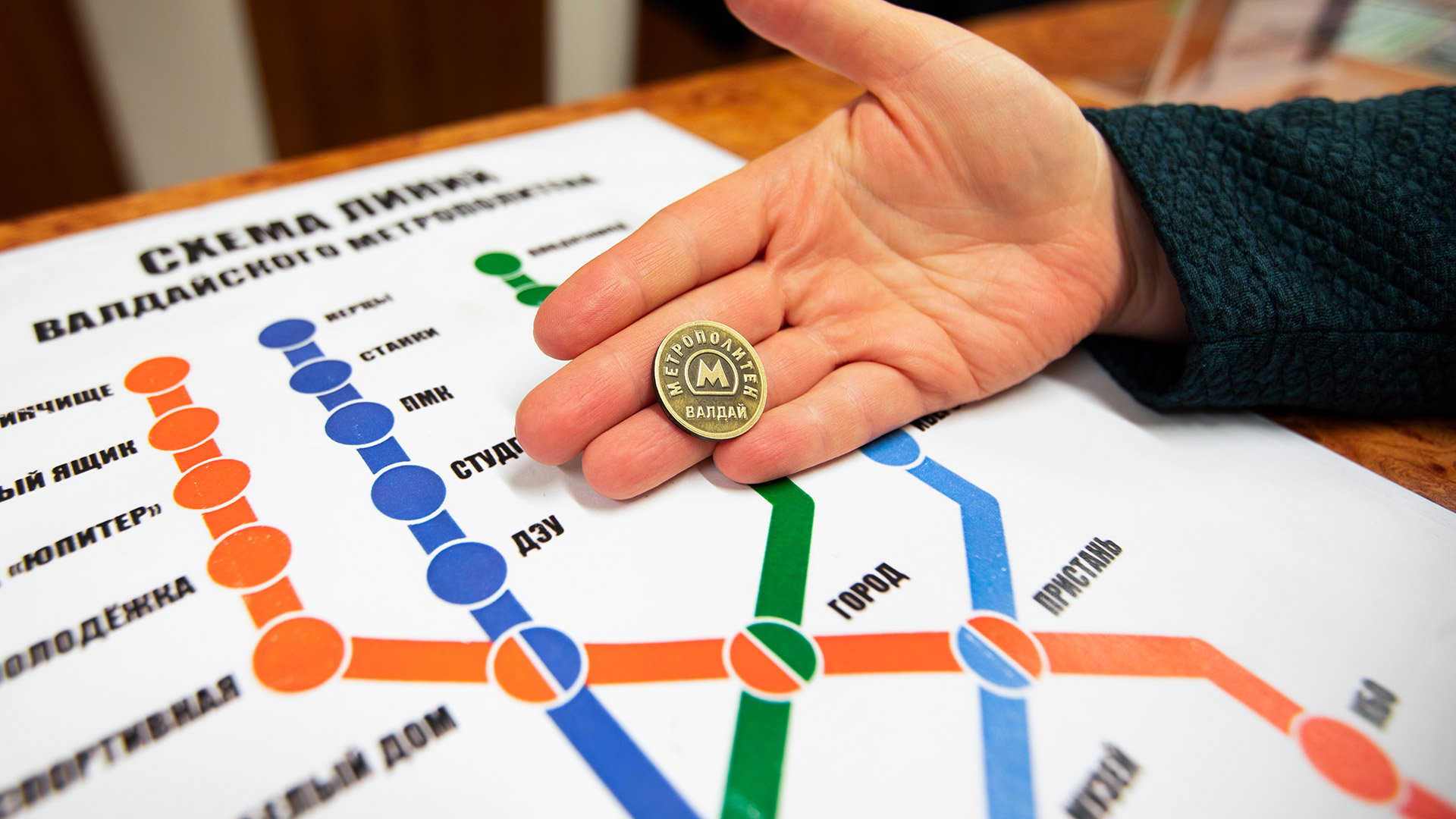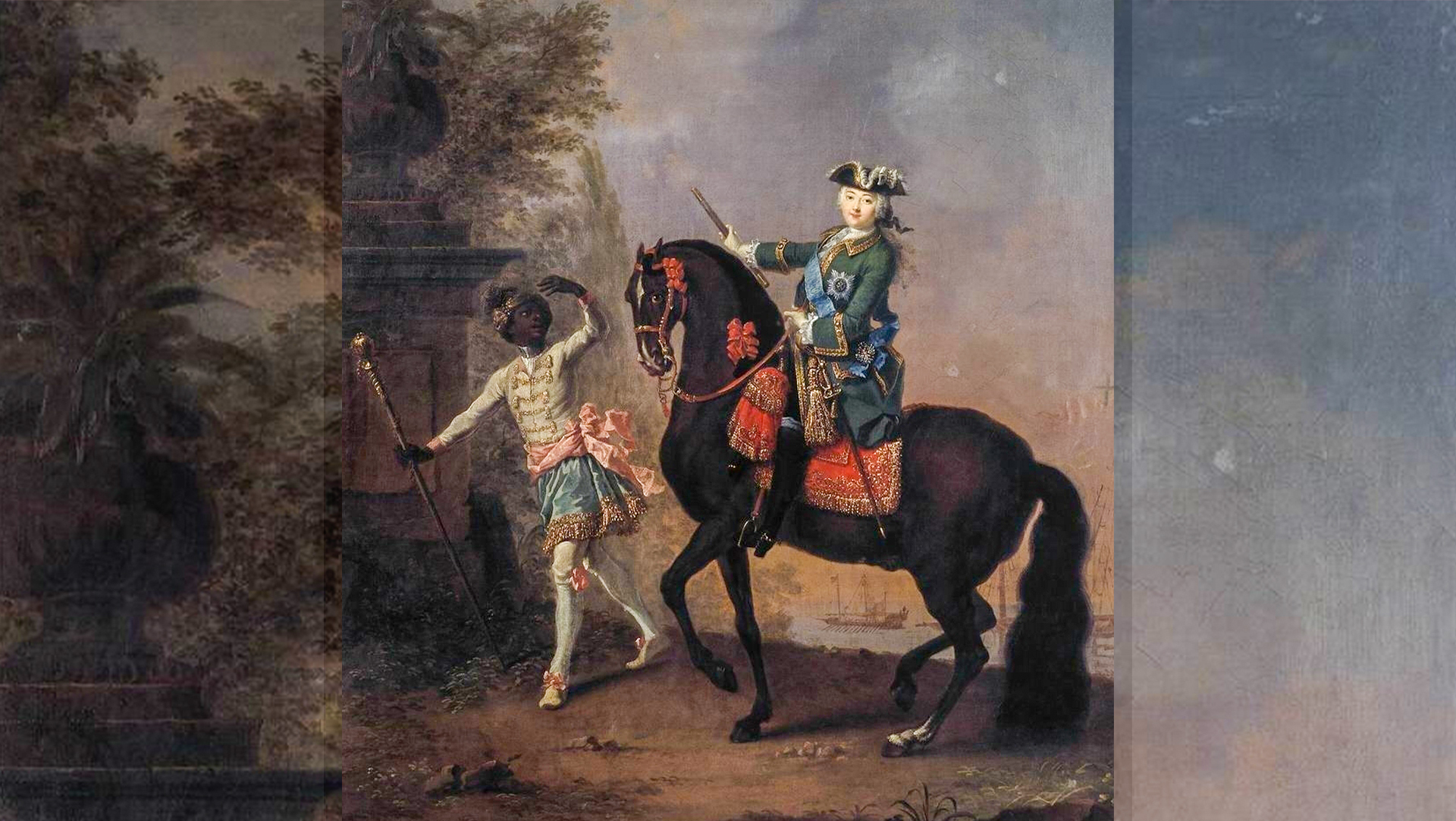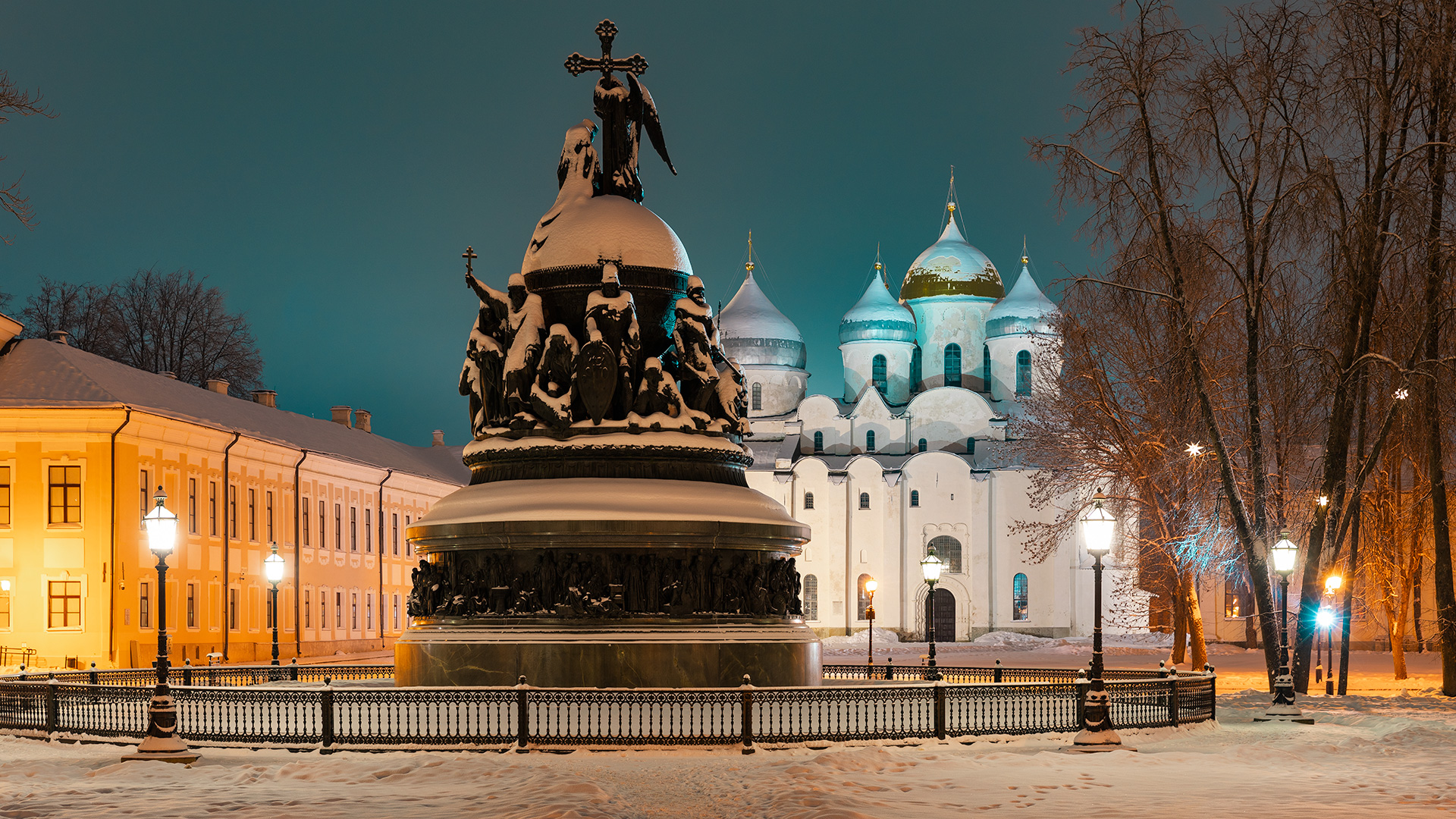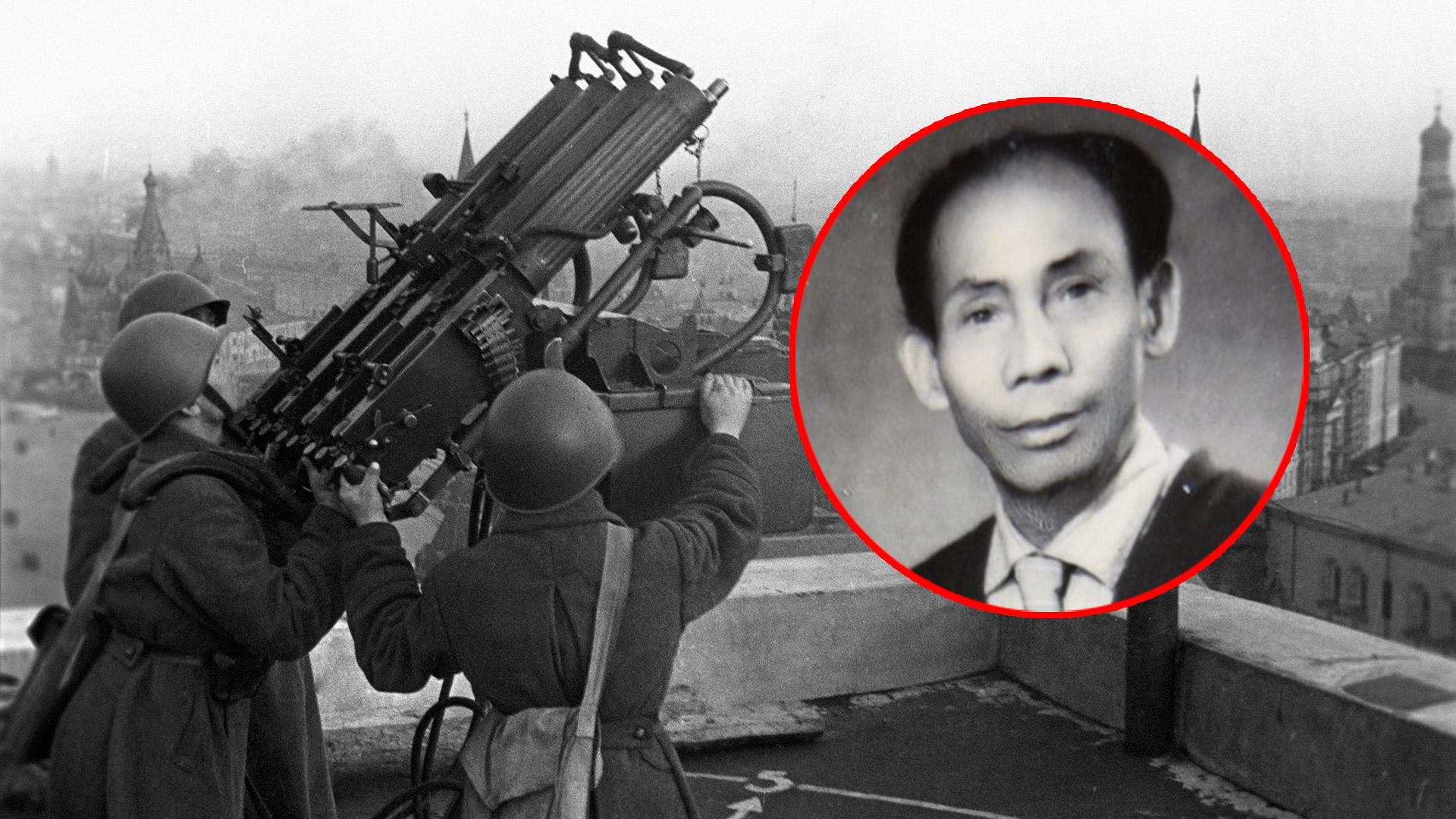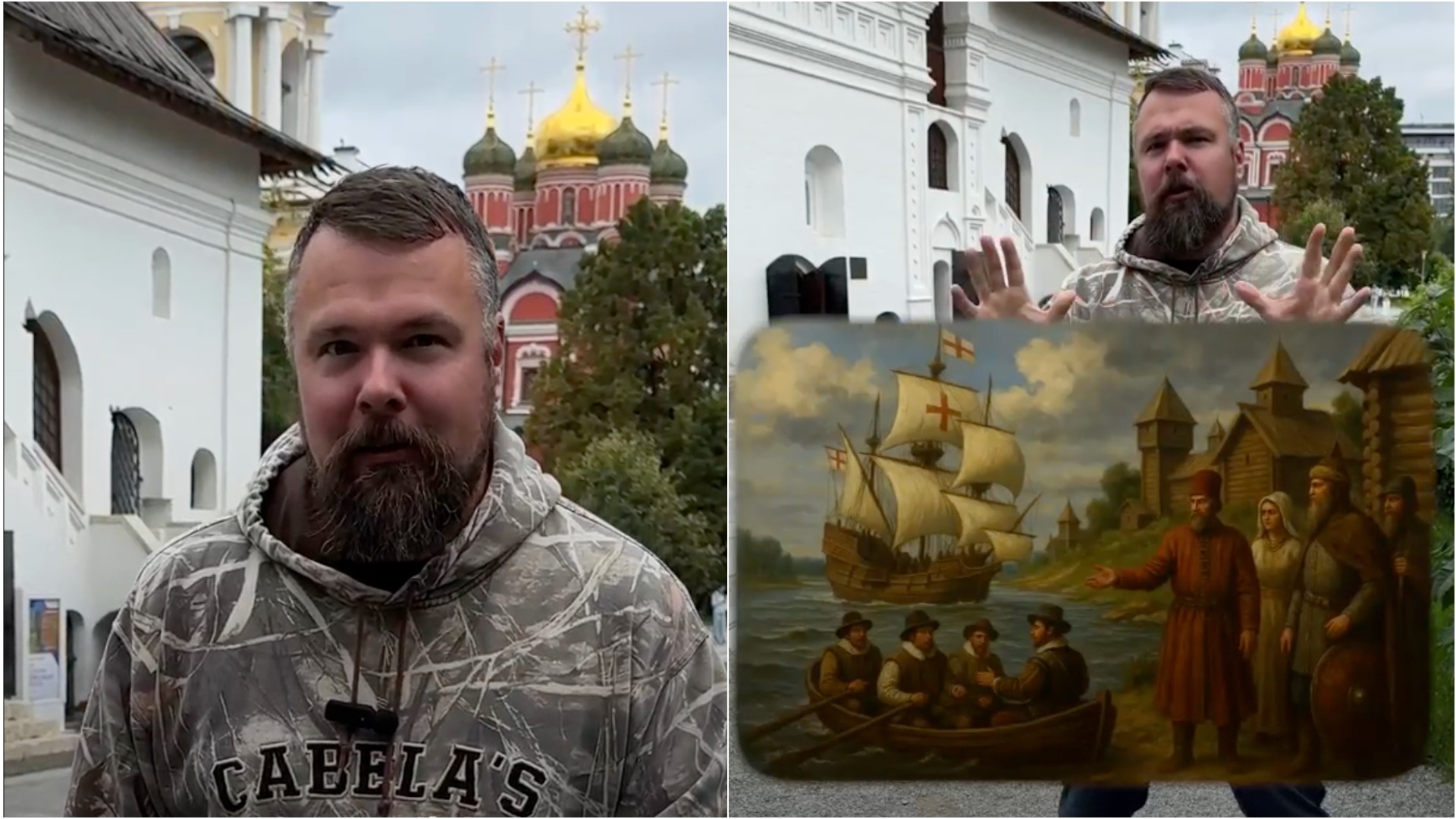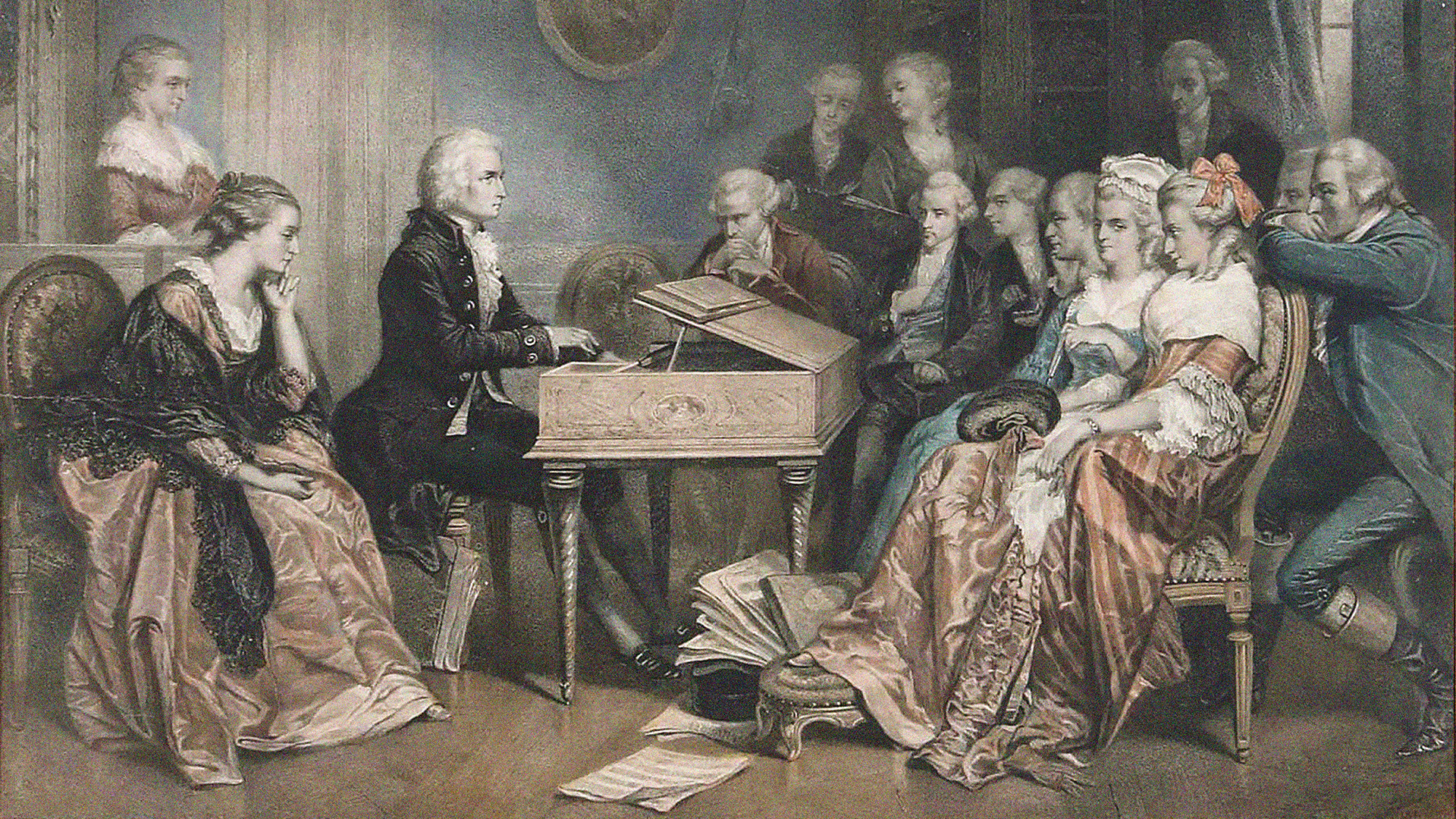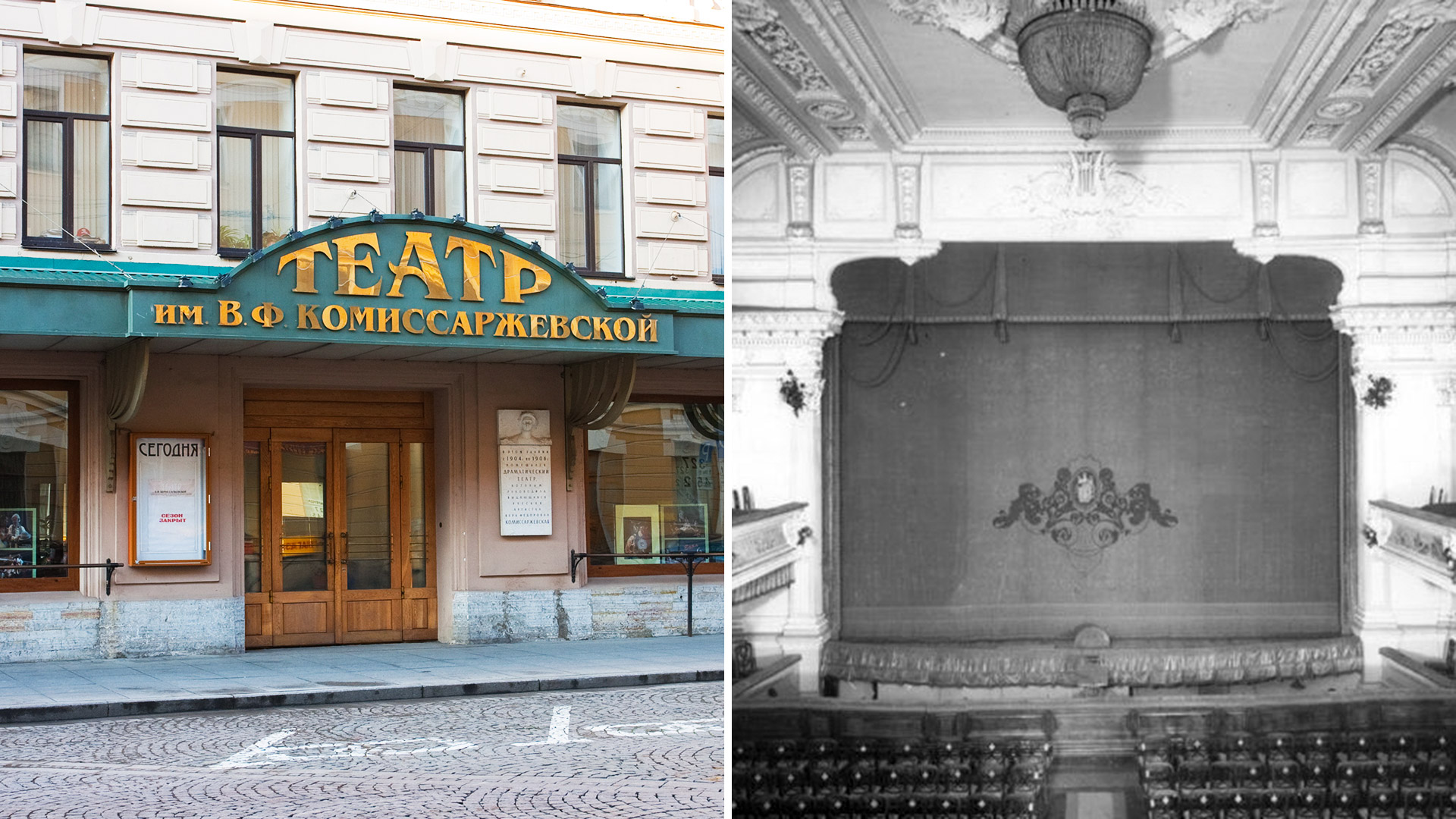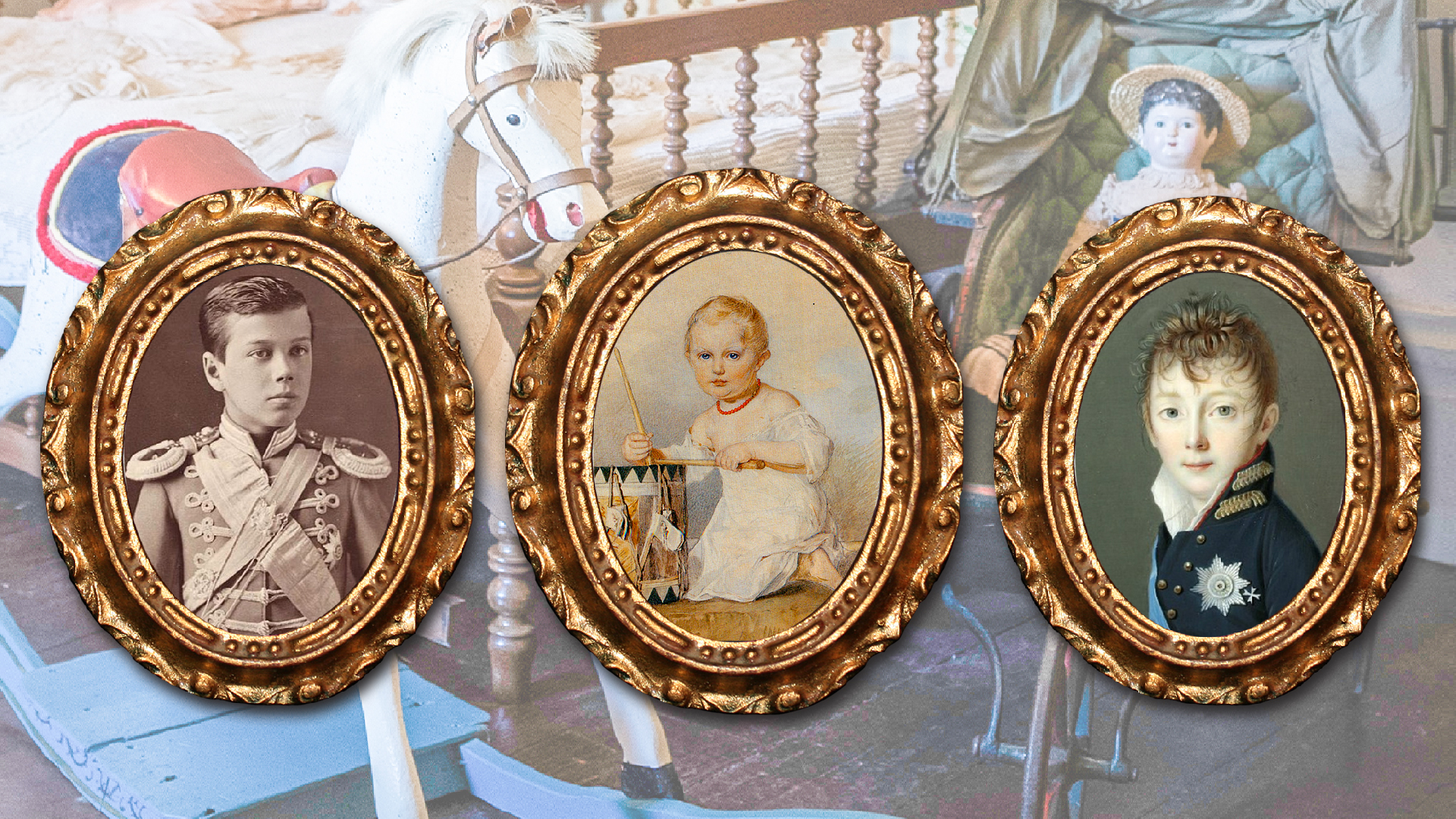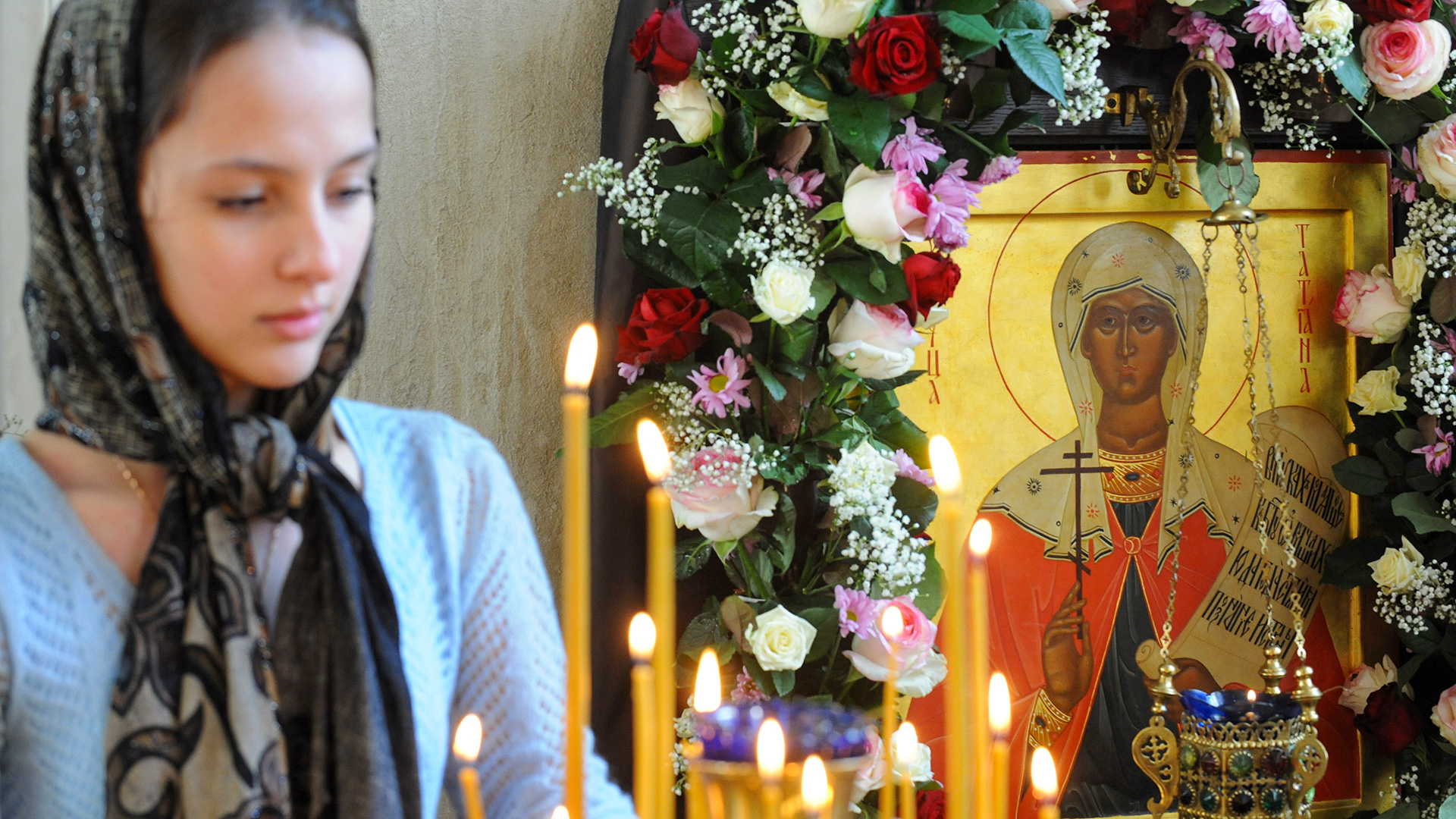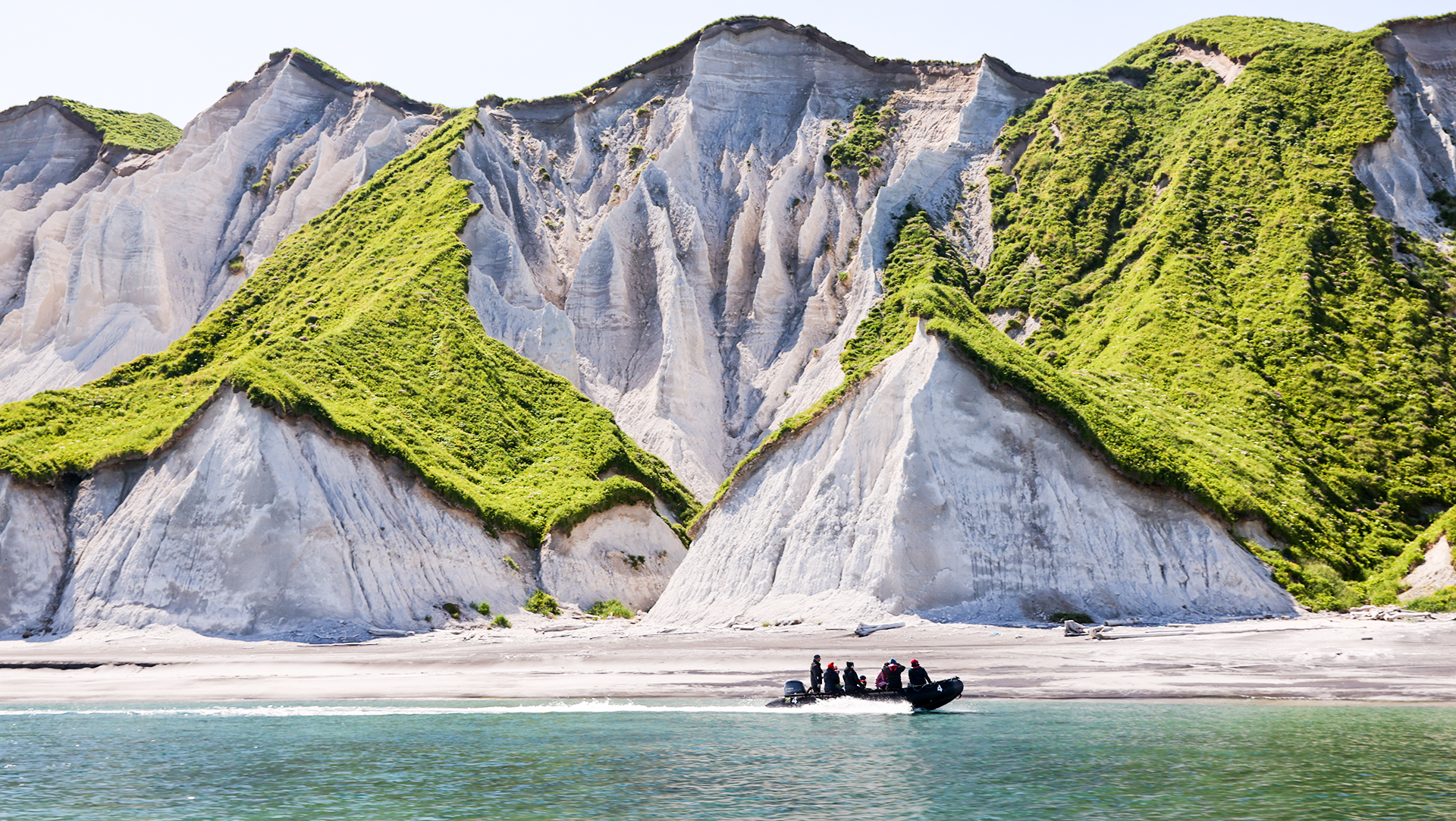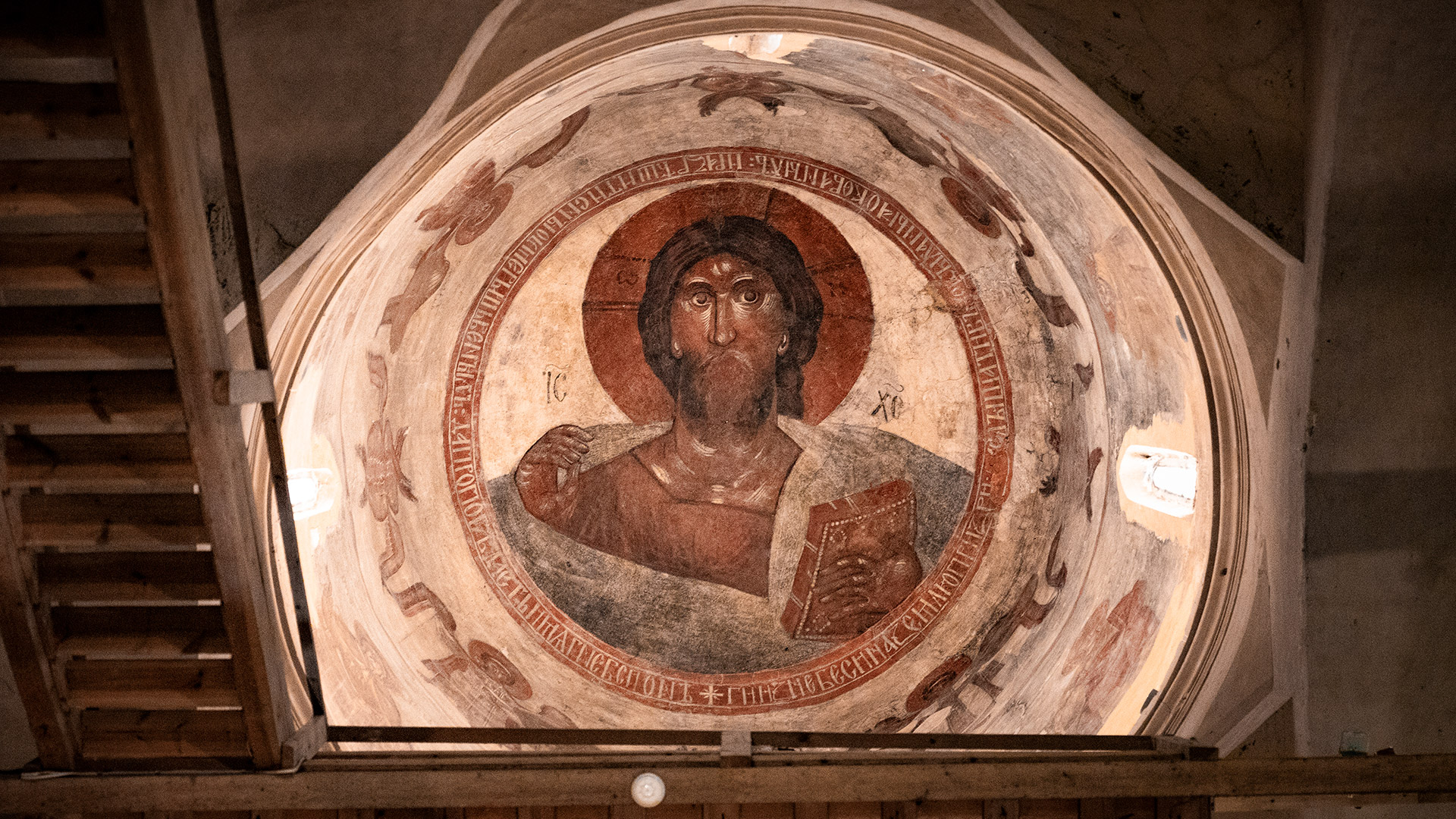
3 reasons to visit the ‘Heroes of Stalingrad Battle’ memorial

1. See the legendary ‘Motherland Calls! monument’
This monumental sculpture is a true symbol of Victory and the most famous monument dedicated to World War II in the country. An unknown woman with a sword in a dynamic pose, calling for battle, appeared in the late 1960s. Its authors were Soviet sculptor Yevgeny Vuchetich and engineer Nikolai Nikitin.
 ‘Motherland Calls’ is 85 meters high
‘Motherland Calls’ is 85 meters high
It took almost 10 years to erect the monument, which required 5,500 tons of concrete and 2.4 tons of metal (by the way, it is hollow inside!).
 An alley of poplars
An alley of poplars
With a total height of 85 meters, ‘Motherland Calls’ is among the world's tallest statues.
2. Be impressed by the architecture of the complex
The ‘Motherland Calls!’ sculpture is only a part of the large-scale memorial complex dedicated to the ‘Heroes of Stalingrad Battle’. It is located on Mamayev Kurgan, a hill on the bank of the Volga River.
 Square of Those Who Stood Dead
Square of Those Who Stood Dead
Through the memorial park and an alley of poplars decorated with red banners, you can get to the Square of Those Who Stood Dead, on which the naked torsos of Red Army soldiers rise from a pile of stone. Further up the stairs on both sides are framed by walls with bas-reliefs.
 Bas-reliefs with war scenes
Bas-reliefs with war scenes
In the Heroes' Square, there are statues of a nurse, a standard-bearer, a sailor and other war heroes. At the ‘Lake of Tears’, there is a monument to a grieving mother and a tomb of the unknown soldier.
 Statues in the Heroes' Square
Statues in the Heroes' Square
One of the strongest impressions on visitors is made by the Hall of Military Glory, which is a cylindrical space without a roof, on the walls of which the names of the dead have been carved. Robert Schumann's ‘Dreams’ can be heard there and, in the center, a giant hand with a torch rises, as if it came out of the ground.
 The Hall of Military Glory
The Hall of Military Glory
3. Learn the history of one of the fiercest battles of World War II
The Battle of Stalingrad is one of the bloodiest battles in the history of World War II. Defeating the Nazis in it, the Red Army radically changed the course of the war.

It was not by chance that Mamayev Kurgan was chosen for the memorial. It was there that the fiercest battles were fought for six months, from September 1942 to January 1943.
It is believed that almost 35,000 Soviet soldiers of those who defended the city are buried in the mass grave on this hill.
 Children's Khorovod Fountain
Children's Khorovod Fountain
The memorial details the course of the battle, honors the heroes and pays tribute to the dead.



